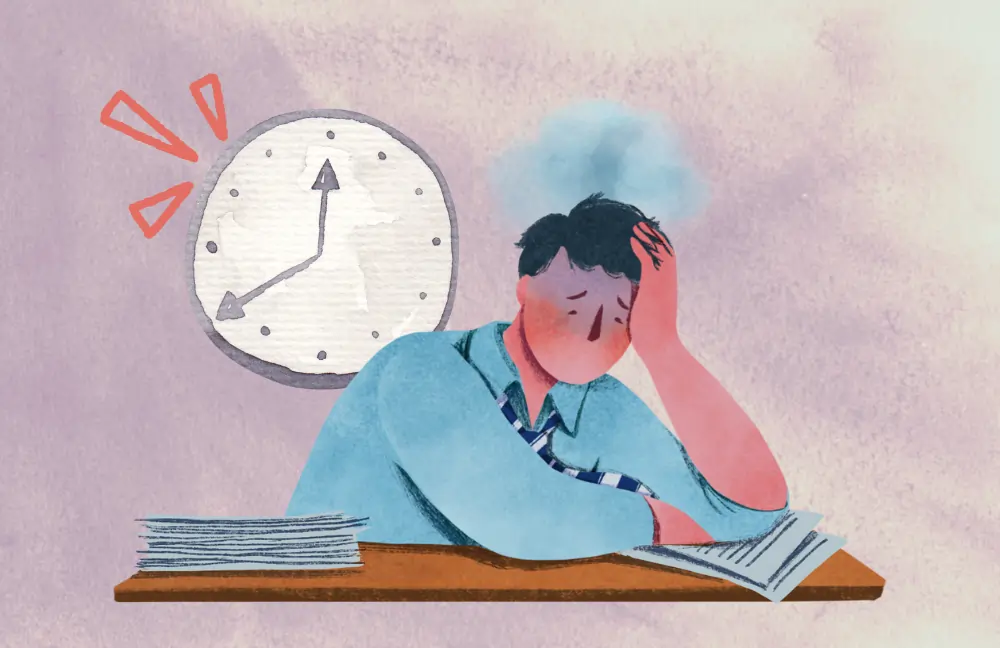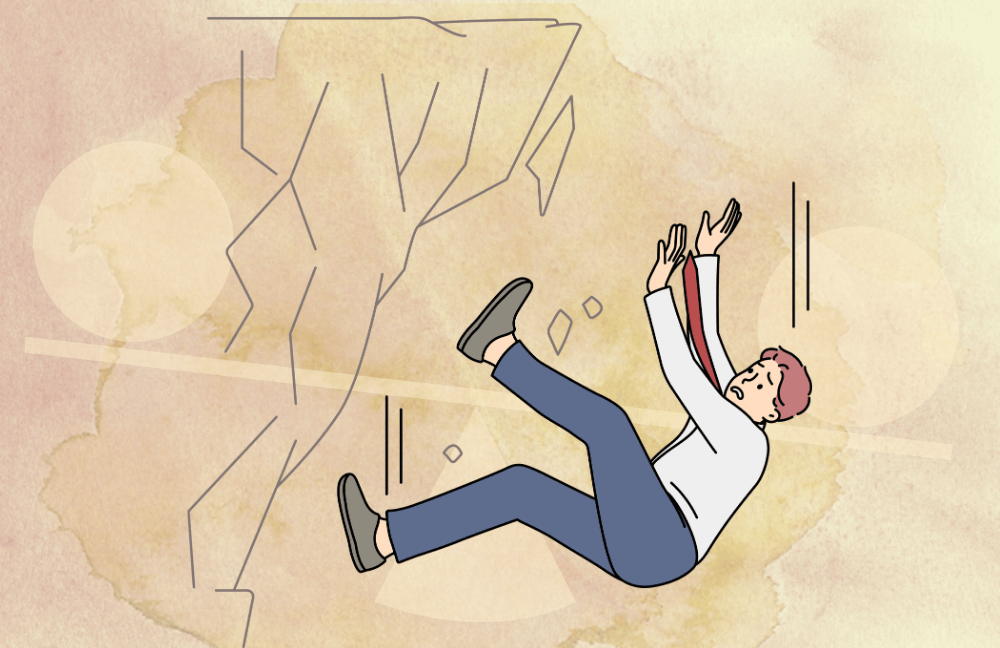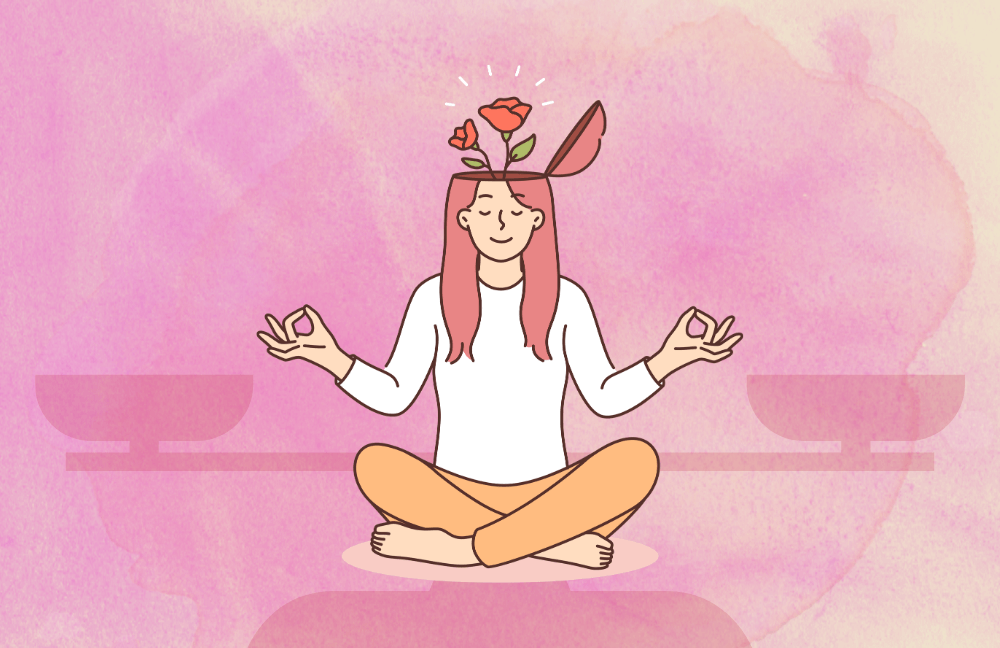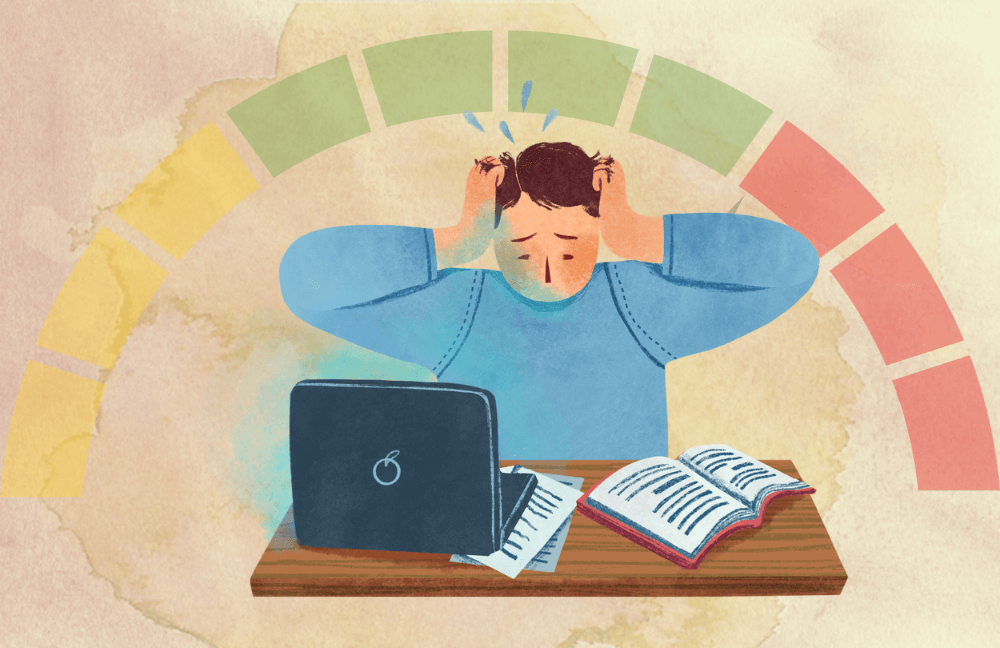
- Home
- About
- Book a Session
- Get Help
Personality
Relationships
Adult
Child
Schools
Corporates
- Do I need help?
- Trending
Social media addiction is the compulsive use of social media while neglecting real connections and other responsibilities. Social media sounds like it should improve sociability. It’s offered us an unmatchable opportunity to connect, communicate, seek information, get entertained, and innovate.
But today, its overuse could be pushing the world into an asocial or even antisocial mode. This has become a collective problem with no age or gender discrepancy. Researchers have coined the term ‘checking habits’ – repetitive checks made by people on phone applications that involve social interaction, commonly because they are addicted to likes or due to the fear of missing out (FOMO).
At average these might occur up to 80 times a day per recent research. Most people who engage in them agree that they don’t need or want it, but end up obsessing over it and do so compulsively and unconsciously. It just becomes a habit. Until a little while ago, the phone was a physical product. A means that helped cross sectional verbal communication that had purpose only when it was being actively used by two individuals to talk to each other. Today the story is a little different. Words like obsession and depression are now being used in connection with social media.
“Today phones are constant companions; ones we make use of in countless ways. In one survey more than half of the iPhone users said they could not imagine life without their phones.”
- Shefali Batra
In 1997, the first social networking site SixDegrees emerged as a result of the idea that all individuals are linked via six degrees of separation. Since then, society is becoming increasingly interconnected. In 2004, Facebook propelled itself as an online community for students at Harvard University and became the world’s most popular site within the next decade. By 2016, there were 2.34 billion social network users worldwide and nearly one in every 4 human beings was using Facebook. Simultaneously, we saw Reddit in 2005, Twitter in 2006, Tumblr in 2007, Instagram and Quora in 2010, SnapChat in 2011, TikTok in 2017, and a larger list beyond the scope of this article.
Far long before the Internet attacked the world, radios, telephones and television had taken several decades to reach the masses. The World Wide Web took a mere handful of years to penetrate the globe. Social media and networking applications on smartphones have taken even lesser. They’ve undeniably handcuffed us fast.
Media scholars call addiction to social media and networking sites, a self-perceived need for connection, acknowledgement and appreciation. We like it too much. Our brain is stirred by the novelty of an email, an appreciative remark on our appearance, a ‘like’ on a photograph or post, or the potential opportunity of making a new friend. These little pleasures are accompanied by a burst of dopamine in the reward center of the brain. Similar to the effect of a drug, this creates feelings of wellness, accomplishment and enhances self-esteem. And one does not want to miss it if the opportunity presents (FOMO).
When the brain gets used to this, it craves the feeling all the time. Hence, the urge to check the phone repeatedly (like an obsession); in the hope of a drug like high, when one actually gets the much-awaited notification. And a low perceived in the absence of the same (depression). People are addicted to likes and notifications, oftentimes it becomes the single most important activity that they engage in all day.
Social networking is not what we do, it has become who we are. We’re never ‘off’ social media. People peek into their phone frequently only on the pretext of checking the time, but invariably they do respond to one of the several notifications on their social networking and media apps. YouTube, Spotify, Instagram, FaceBook or TikTok aren’t making it easy for us to ignore them. They’re baiting us, and we’re biting.
We’re afraid of missing out and so we click, click, click. To stay up to date, to be in the game and to not miss out. This is truer for teenagers who have created virtual spaces owing to limitation in physical connection these days. The dopamine rush from excessive screen time in the evolving brain of children and adolescents makes the addictive potential higher. Children with greater social media presence have reported better mood states while those who’s media connectivity was absent or taken away, report loneliness and show signs of obsession and depression. Like a drug, withdrawal is imminent when consumption is reduced or restricted. Social media addiction is a serious disease.

“It’s a beautiful world. Outside of that phone screen. And it’s easy to be a part of it. All you have to do is lift your head up and around.”
- Shefali Batra





WhatsApp us